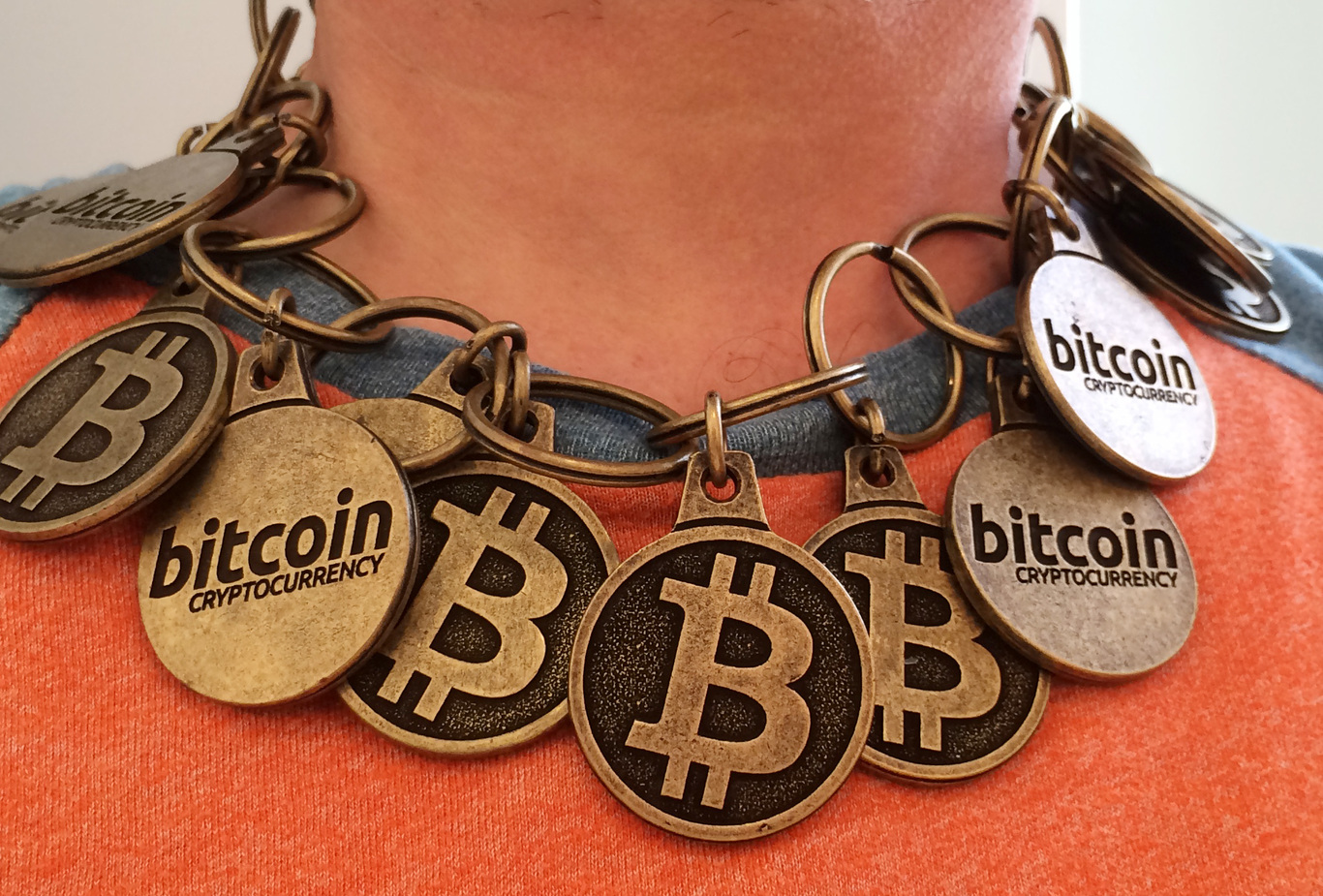How blockchain technology could one day replace the banks
The technology is probably best-known for underpinning Bitcoin, but that’s only one application.
MANY FINANCIAL SERVICES firms are talking about the potential of blockchain technologies. And with good reason: future business models will be developed, governed and owned by the communities that blockchain technology supports.
Blockchain is probably best-known as the technology that underpins the digital currency, Bitcoin. But it’s really a digital ledger of transactions, like agreements or contracts, and can support anything that needs to be independently recorded and verified as having happened, regardless of the number of parties to the transaction.
And it’s totally transparent, so everyone in a network of even thousands of computers worldwide can access an up-to-date version of the ledger.
Before blockchain, the only way to establish trust between multiple parties on the internet was to use a trusted intermediary, like a bank or lawyer. Without that trust, someone could potentially spend the same dollar multiple times, sell an asset they didn’t own or assert that blood diamonds originated from a conflict-free zone.
Blockchain technology may be the ultimate way to cut out the middleman, but what can it actually do?
The smart part is a programmable ‘smart contract’ – a code stored on the blockchain that automatically activates when certain predetermined conditions have been met.
Imagine an automated security system with no third parties, where no one has a key and a code embedded on the blockchain grants or denies access to predetermined, trusted people.
Then there’s the blockchain process that locks the records on property ownership or mortgage contracts, bringing certainty to ownership and title and eliminating mortgage fraud.
Or a sensor that reports to the blockchain when it detects damp and which triggers instructions to transfer cash for repairs from an insurer to a claimant’s account – even before the insured knows anything is wrong.
Where certainty, trust and transparency are paramount, there is a blockchain solution. Ultimately, blockchains could replace banks – and even elements of government.
In Ireland a number of companies, large and small, are experimenting with blockchain to gain an understanding of its disruptive potential. There is growing interest and a real demand from industry to help understand the implications of blockchain and how to respond to it.
So, as the blockchain juggernaut continues to gather pace, Ireland, will be well placed to service needs of global companies. Dublin City University recently played host to 150 tech and fintech entrepreneurs in what the organisers claimed was the biggest blockchain-focused hackathon in the world.
As our world becomes increasingly digital and distributed we need scaleable technology that also provides security, trust and accountability. We believe blockchain is that technology.
Seamus Cushley is PwC’s EMEA head of blockchain.
If you want to share your opinion, advice or story, email opinion@fora.ie.






